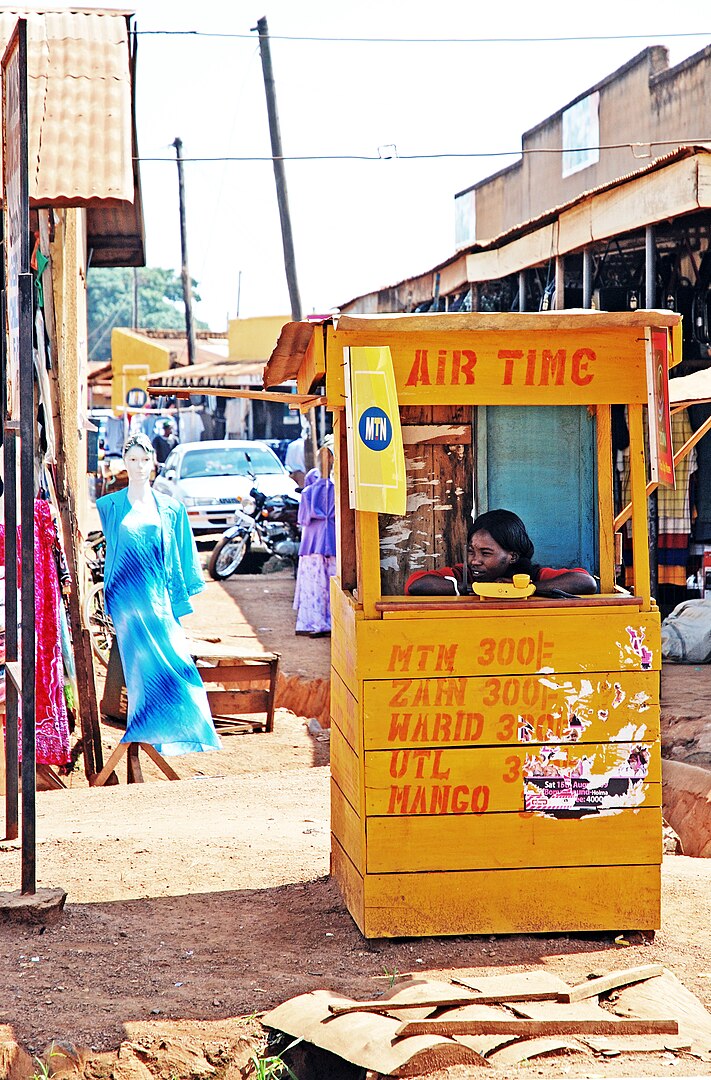 BBC News
BBC NewsBorrowing was £17.4bn last month, the second highest October figure since monthly records began in 1993.

Dinesh Dhamija
For India-watchers, the country’s remarkable digitisation in recent years is one of the wonders of the 21st century, massively reducing corruption, increasing tax revenues, boosting financial inclusion, and turbo-charging the national economy. Now, the prospect that Africa will copy India’s lead and reap the benefits for itself is becoming a reality. A series of initiatives is rolling out across the continent, harnessing the energy that India generated. Here are two of them:
Adopting digital public infrastructure (DPI)
Countries such as Nigeria, with its high population and relatively low financial inclusion, are tailor-made for DPI. Bill Gates is among the proponents. “Digitising things reduces overheads massively and it does it in a pro-equity way,” he said on a recent visit to Nigeria. “The ideal is for a woman to have her own savings account,” he said, which means less money goes on alcohol and more on school fees. Gates praised the Indian example, where money no longer leaks out of the benefit system. Previously, “the cash would show up and the big man in the village would get his piece. Now he can’t get that because it’s going on to her phone directly.” The Aadhaar digital identification system is also ideal for sub-Saharan Africa, where an estimated 470 million people have no official ID. Ghana’s vice-president Mahamadu Bawumia is among the biggest supporters: he points out that governments can’t serve their people if they don’t know who they are. Even though some argue that authoritarian governments could abuse the system, Bill Gates counters that “a competent government is better than an incompetent one,” and knowing who your citizens are is an important step towards giving them healthcare, education and the right to vote.
An Indian African trade partnership would be transformative
Welcoming the African Union into the G20 – to create a future G21 – Indian Prime Minister Narendra Modi opened up the prospect of far closer economic ties between his country and African nations. While India currently accounts for just 2.8 per cent of global trade and Africa for 3 per cent (compared with China at 14 per cent and the US at 8 per cent), trade between the pair has risen exponentially in recent years and could soar over the coming decades. “India and Africa, with their increasing incomes and population trends, could be significant markets,” said Vera Songwe at the Brookings Institute. “They could supply the world with both intermediary and finished products in EV cars, green housing, green fertiliser, renewable energy and digital infrastructure,” she said. “Africa can support India’s transition to a green economy” leading to economic benefits worth $20 trillion between now and 2040, she believes. Narendra Modi’s proposed infrastructure deal, offering African nations an alternative to the more onerous conditions that China attaches to development, is another prime example of a mutually beneficial partnership. Roads, railways, data and energy pipelines could lift many millions of Africans out of poverty and deliver increased growth and prosperity in both India and Africa.
Dinesh Dhamija founded, built and sold online travel agency ebookers, before serving as a Member of the European Parliament. His latest book, The Indian Century, will be published in the Autumn.